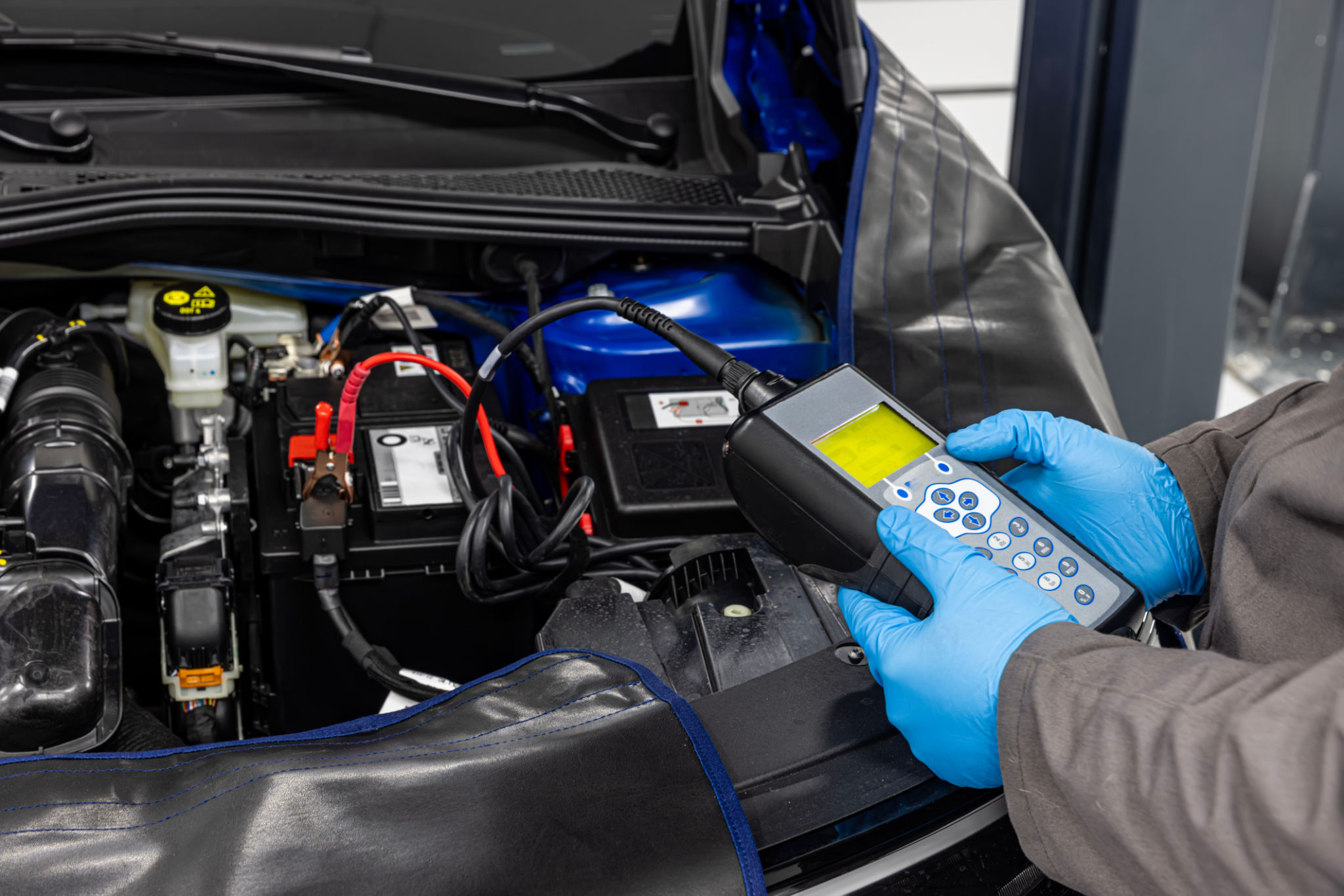Understanding the Importance of Regular Car Battery Checks
Why Regular Car Battery Checks Matter
Car batteries are often overlooked until the moment they fail. However, a dead battery can leave you stranded and facing unexpected expenses. Understanding the importance of regular car battery checks can save you time, money, and stress. Regular checks ensure that your vehicle runs smoothly and efficiently, minimizing the risk of sudden breakdowns.
A car battery is a crucial component that powers the electrical systems in your vehicle. From starting the engine to powering the lights and radio, the battery plays a vital role in your car's operation. As such, maintaining its health through regular inspections is essential.

Signs Your Car Battery Needs Attention
It's important to be aware of the signs that suggest your car battery may need attention. Some common indicators include:
- Slow engine crank
- Dim headlights
- Dashboard warning lights
- Corroded battery terminals
Recognizing these signs early can help you address potential issues before they lead to a complete battery failure.
The Benefits of Regular Battery Checks
Regular car battery checks offer numerous benefits. By conducting these inspections, you can:
- Prevent unexpected breakdowns
- Extend the life of your battery
- Ensure optimal vehicle performance
- Save on costly repairs
These benefits highlight why it is crucial to integrate battery checks into your routine vehicle maintenance.

How to Conduct a Car Battery Check
Conducting a car battery check is simpler than you might think. Here are some basic steps you can follow:
- Inspect the battery for physical damage or leaks.
- Check the battery terminals for corrosion and clean them if necessary.
- Use a multimeter to measure the voltage; a healthy battery should read around 12.6 volts or higher.
If you’re unsure about performing these checks yourself, consider seeking help from a professional mechanic.
When to Replace Your Car Battery
Even with regular maintenance, car batteries will eventually need replacement. Most batteries last between three to five years. However, factors such as extreme temperatures and frequent short trips can shorten their lifespan. It’s advisable to replace your battery if it shows signs of wear, even if it hasn’t reached the end of its typical lifespan.

The Impact of Weather on Car Batteries
Weather conditions significantly affect car battery performance. In cold weather, the chemical reactions within the battery slow down, reducing its efficiency. Conversely, extreme heat can cause the battery fluid to evaporate, leading to damage. Regular checks help identify weather-related issues early, ensuring your battery remains reliable regardless of the season.
By understanding these aspects of car battery maintenance, you can ensure that your vehicle remains dependable and safe on the road. Regularly checking and maintaining your car battery not only enhances its longevity but also contributes to overall vehicle health.